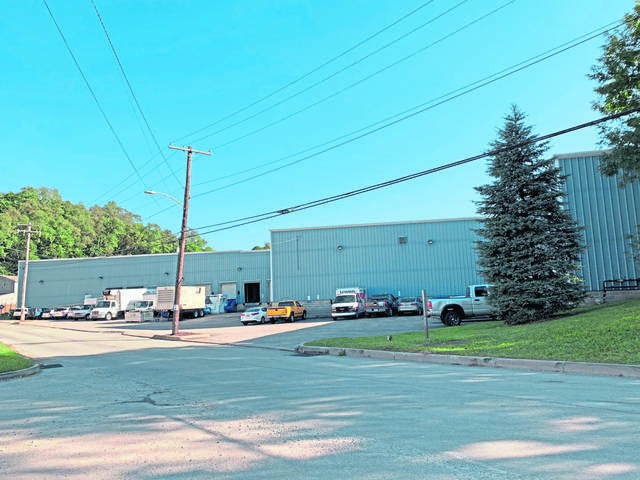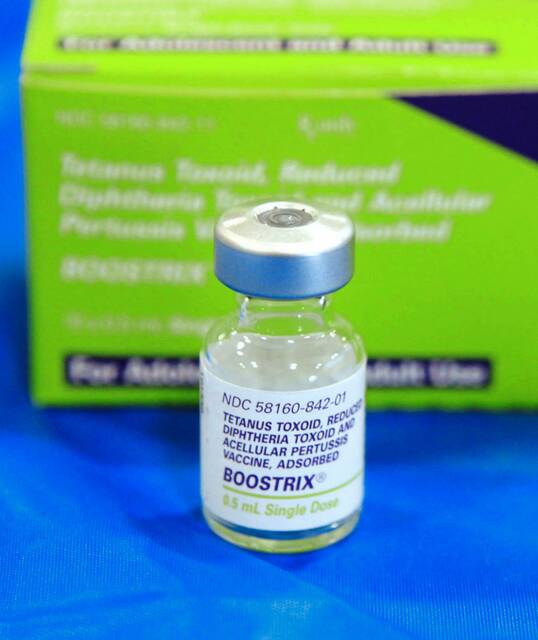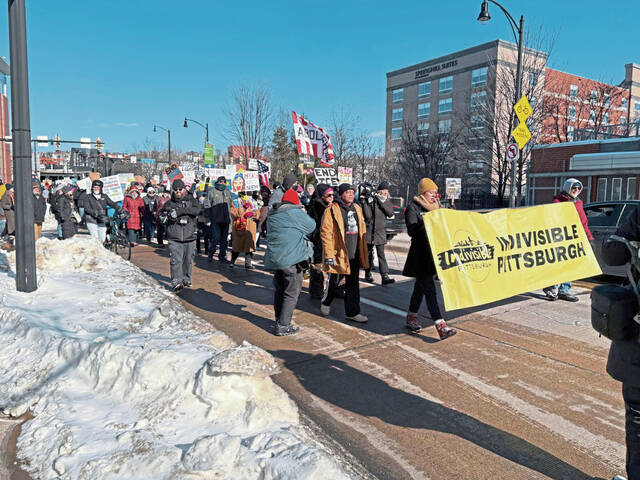New industries will always have growing pains.
It shouldn’t be surprising that growing hemp should be experiencing hiccups. After all, growing hemp is something that hasn’t really happened — legally, at least — in Pennsylvania for decades. The namesake of Hempfield Township and Hempfield Area School District may have once been common here, but as marijuana’s industrious cousin, growing it got the ax ages ago.
But with the renewed interest in marijuana for medicinal purposes and the CBD oil derivative as a component to food, cosmetics and more, hemp has become all shiny and new again. It’s being grown once more, and it’s being processed.
And that’s where the growing pains stop belonging to the industry and start becoming the property of the community.
In Jeannette, people say it stinks.
That’s not a figure of speech. The 70 Jeannette residents who work for the Patriot Shield Security hemp-drying operation probably think the new business is great.
But it actually, literally stinks. Jeannette Mayor Curtis Antoniak has received more than a dozen complaints. The city issued a cease-and-desist order but walked that back when the company made plans to solve the problem, and Patriot Shield did install air scrubbers.
The state Department of Environmental Protection still responded to two new smell complaints, and an inspector called the odor “nauseating.”
Nauseating is hard to work around. It’s awful to live near. Nauseating is the kind of word used to describe things like old paper mills, sewage plants and pig farms. It has an impact.
The smell of drying hemp is nothing anyone has had to deal with for generations, so it isn’t surprising that people doing it now might not know it needed to be addressed. Anyone with a slacker college roommate who burned a lot of “incense” might have guessed, though. The Colorado-based Patriot Shield probably should have had someone in the organization aware that certain plants can have a distinct smell.
DEP’s notice of violation is toothless but further action could come if a solution isn’t found, and how DEP handles this is important because it will set the tone for the industry, which — like a fast-growing child — needs to learn its limits.
Letting hemp or marijuana businesses grow wild could hurt the communities they inhabit and ultimately the industries themselves if they seem to be poor neighbors.








